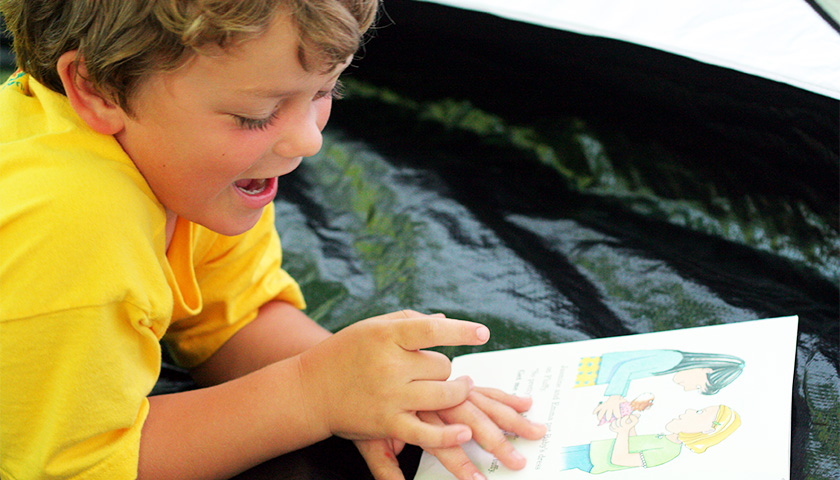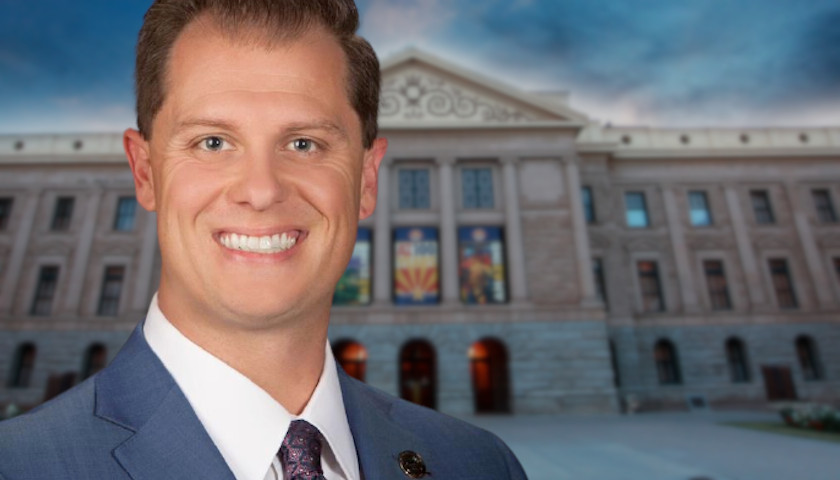Last week on 99.7 WTN, Tennessee House Representative Scott Cepicky R – Culleoka outlined to host Matt Murphy, legislation he intended to file to change the eligibility age for students entering first grade. Under Cepicky’s proposal, students would not be able to enter first grade until age 7, unless they could pass a local assessment showing that they could do grade-level work. The bill would allow younger students to take a “redshirt” year to adequately prepare for the increased academic demands of first grade.
Cepicky’s legislation is derived from a legislative brief on Kindergarten Readiness and Academic Performance, written by the Tennessee Comptroller of the Treasury’s Office of Research and Education Accountability (OREA). This brief shows that Tennessee students who were older at kindergarten enrollment performed better on 3rd-grade literacy tests than their peers. Forty-two percent of students aged 6 to 6.49 (older students) were on or above grade level in 3rd-grade literacy, compared to 33 percent of younger students aged 4.5 to 4.99 years old. The trend of older students outperforming their younger peers was also reflected on 6th-grade literacy tests.
Read the full story










